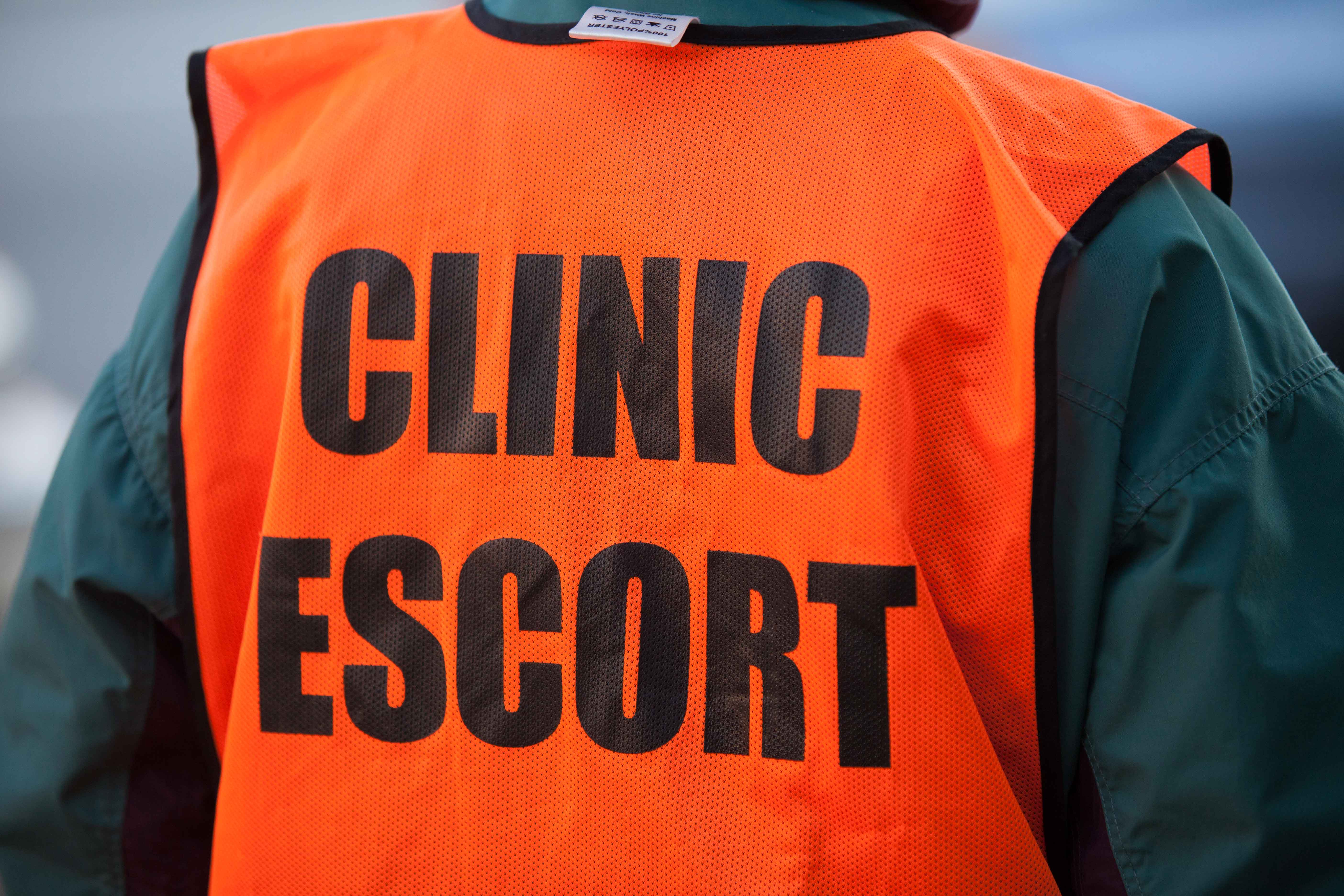Cecile Richards was interviewed by Katie Couric earlier this week. While Couric did lob a few softball questions at Richards, for the most part the interview seemed to be more of a commiseration session between two buddies. Couric made sure to repeat Planned Parenthood’s favorite talking points, including lying about the baby body parts videos, and the two also complained about how pro-lifers make it more difficult for abortion workers to do their jobs.
Over images of broken windows and crime scene tape, the following exchange took place:
Couric: The videos inflamed already passionate critics, making it harder than ever for the organization to do its job. How tough is it to find clinicians who are willing to work at Planned Parenthood clinics and what kinds of challenges do they face?
Richards: Well, I think that given this current environment, and the hostility that some of the extremists have, and their willingness to, kind of, go to these depths to shame doctors, it’s very tough. And, you know, it’s interesting, it’s really changed, I’d say, the profile of reproductive health care doctors in America. Many now are young women, getting out of medical school that have families. And it’s terrible to see when they’re not only stigmatized, but even threatened. And that has to stop.
Obviously, it is never excusable for anyone to threaten or harm another person, and that includes abortionists and abortion industry workers. But should it be easy for someone to work at an abortion facility, where they take the lives of innocent preborn children every day?
While Richards and Couric are anxious to blame pro-lifers for the stigma surrounding abortion, that’s not quite true. It’s the inherent immorality of abortion that causes that stigma. After all, fewer and fewer doctors are choosing to learn how to perform abortions; medical students who want abortion training are reportedly shunned. Other doctors look down on abortionists, and do not respect them. Evidently, the rest of the medical industry isn’t in love with the work that abortionists perform, and the testimonials linked here all predated — some by years — the Center for Medical Progress videos. This isn’t something that can be laid at the feet of pro-lifers. It’s because of abortion itself. Most doctors become doctors because they want to save lives, not take them.
But should abortion workers be made to feel guilty?
This is an area where pro-lifers must tread very lightly. We must be very careful to show love and acceptance to abortion industry workers, because treating them with hate and condemnation will do the exact opposite of what we want. Their worst fears about pro-lifers will have been proven to be true, and they will be driven further in to the abortion industry. Yelling outside of abortion facilities, following abortionists to their homes, writing messages in chalk on the street in front of their houses… that may very well do the opposite of changing minds and winning hearts.
Groups like Sidewalk Advocates for Life, run by executive director Lauren Muzyka, offer a good example of how to prayerfully and peacefully maintain a presence outside abortion facilities – encouraging dialogue between pro-life advocates and women seeking abortion. But an approachable attitude is not only an opportunity to speak to abortion-minded women – it can also be an open door to speak to abortion workers who might feel conflicted about their work.
Abby Johnson’s ministry, And Then There Were None, also serves as a perfect example of how to reach out to people in the abortion industry. After all, most people don’t spend their childhood dreaming of ripping babies apart limb from limb. ATTWN offers healing without judgment, as well as confidentiality and support.
If we want to win over the people who work in the abortion industry, then we should follow the examples set by people in these pro-life organizations.







